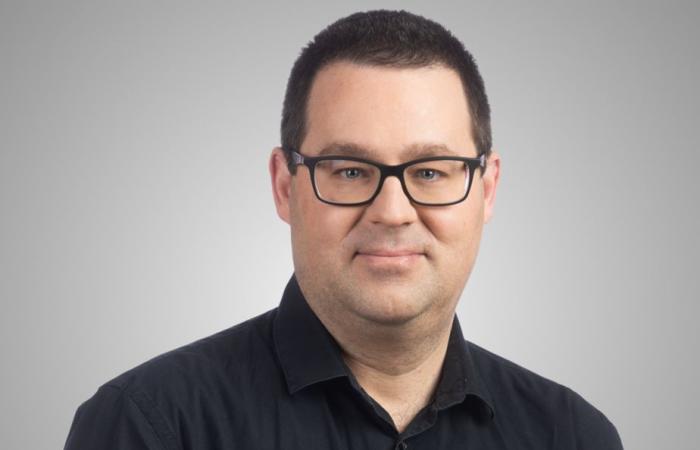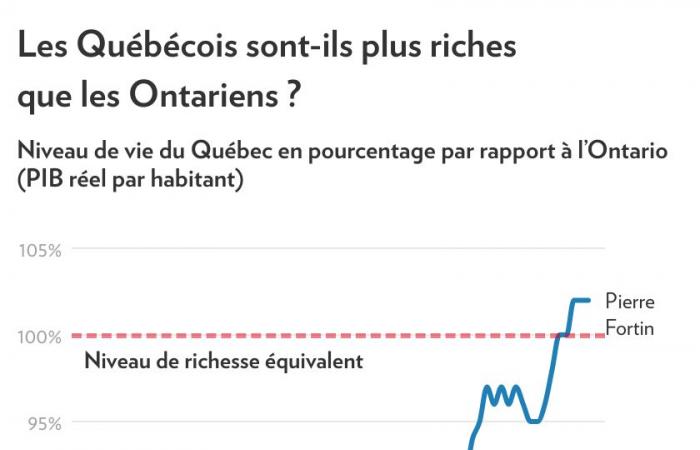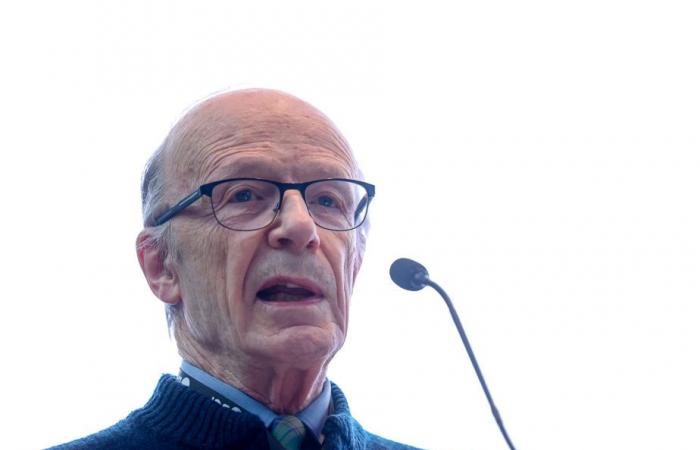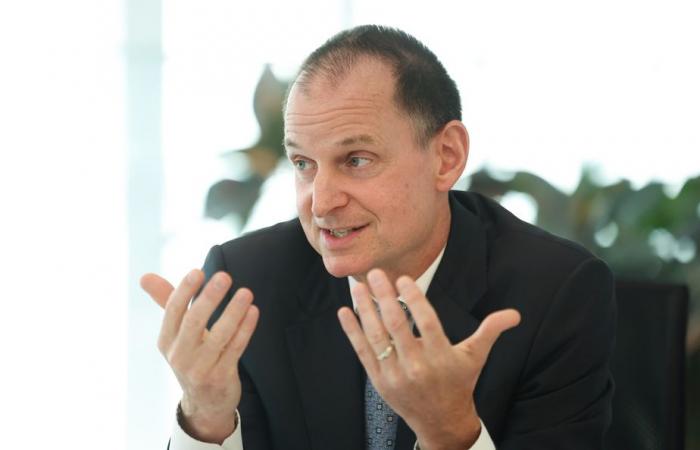Have Quebecers become as rich as Ontarians?
Published at 6:00 a.m.
Yes, believes economist Pierre Fortin, who has just published a study on the subject.
No, not entirely, believes Quebec Finance Minister Eric Girard, who agreed to discuss it with us.
How can we explain these two divergent opinions? Are Quebecers less rich or as rich as Ontarians? This is what we tried to find out.
The good news from Pierre Fortin
Officially, according to the Ministry of Finance, Quebec was 12.3% behind Ontario in wealth in 2023.
53 148 $
Real GDP per capita in Quebec in 2023
59 703 $
Real GDP per capita in Ontario in 2023
Economist Pierre Fortin, professor emeritus at UQAM, contradicts this conclusion of the Ministry of Finance in a fascinating study on the gap in economic living standards in Quebec and Ontario, published in December.
He concludes that Quebecers and Ontarians have the same standard of living economically. In 2023, Quebecers would even have had a slightly higher economic standard of living (+2%) than Ontarians!
To do your analysis1Pierre Fortin uses real GDP per capita at purchasing power parity, as when comparing the standard of living of two different countries. Based on Statistics Canada data, it takes into account the purchasing power of Quebecers and Ontarians, because prices differ in the two provinces, among other things for housing.

PHOTO FRANÇOIS ROY, LA PRESSE ARCHIVES
The economist Pierre Fortin
Even if the income of the average Quebecer was 8.9% lower, this lower income paradoxically allowed them to purchase 2.4% more goods and services because they cost them on average 11% less. Dear.
The economist Pierre Fortin
I rushed to share this good news with Quebec Finance Minister Eric Girard.
The Legault government having made catching up with Ontario’s standard of living one of its objectives, I expected the Minister of Finance to loudly brandish the conclusions of the study by Pierre Fortin, one of of our most respected economists.
Eric Girard was waiting for me with a smile, but also with his own columns of figures.
“On the long-term trend, we say the same thing”
Eric Girard would probably like to be able to say that yes, Quebec has caught up with Ontario in terms of wealth.
But in reality, this is not the case, he believes.
The Ministry of Finance uses the classic definition of real GDP per capita, which does not take into account purchasing power parity, “difficult to estimate between provinces” with Statistics Canada data, according to Eric Girard.
Under this definition, there was still a wealth gap of 12.3% in 2023.
So, Quebec hasn’t really caught up with Ontario in terms of standard of living?
Eric Girard smiles. “In our opinion, no. According to [Pierre Fortin]Yes. And who am I to contradict Pierre Fortin? » The Minister of Finance has immense respect for the man who taught him during his master’s degree at UQAM. “Pierre is a leading authority on economics,” he says.
“On the long-term trend, we say [les deux] the same thing: the gap between Ontario and Quebec is shrinking or gradually being eliminated, says Eric Girard. […] Quebec’s progress is notable. »
How Quebec narrowed the gap
How has Quebec reduced its wealth gap with Ontario?
Pierre Fortin believes that this gap has been gradually narrowing since the beginning of the 1990s, with free trade as well as family policy and the CPE network, which have increased the participation rate of women in the labor market. According to him, Quebec now has the same standard of living as Ontario.
For his part, Minister Eric Girard estimates that the wealth gap between Quebec and Ontario has been decreasing steadily since 2018. It went from 15.9% in 2018 to 12.3% in 2023. Quebec is forecasting a gap of 11.1% in 2024 and 10.4% in 2025. The government’s objective is to go below 10% in 2026.
Quebec’s economy has been growing faster than Ontario’s in recent years. For many reasons, Minister Girard explains to me, with many nuances.
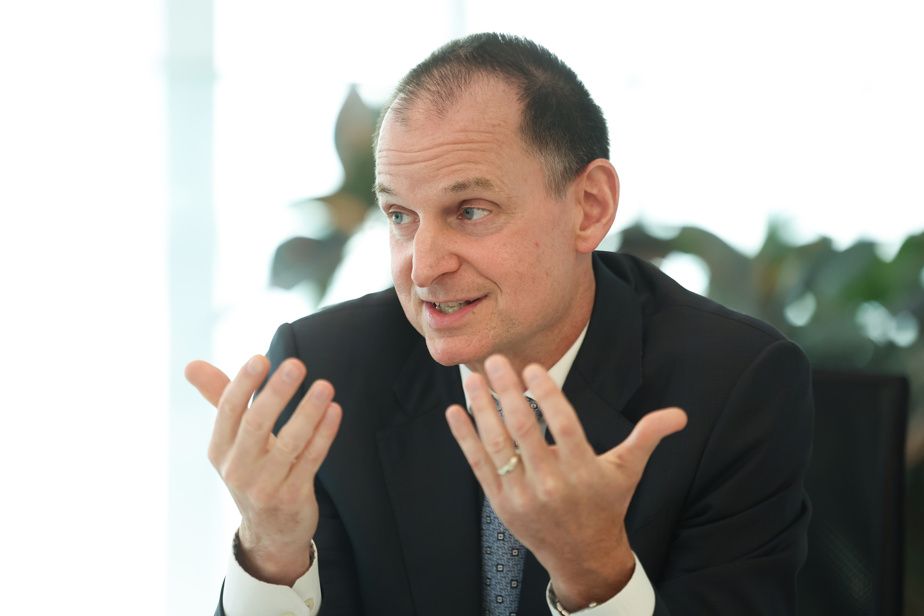
PHOTO MARTIN CHAMBERLAND, LA PRESSE ARCHIVES
Quebec Finance Minister Eric Girard
The last year of the previous government [Couillard] was good, he said. And during the pandemic, we managed the closures and reopenings of the economy better than Ontario, and we had economic aid tools that Ontario did not have.
Quebec Finance Minister Eric Girard
Economic growth essentially depends on three factors: human capital (education), private capital (investments) and intangible elements (the business climate, public infrastructure).
The Legault government says it worked hard on all three factors at the same time.
The most important? Invest in public education. “As soon as possible,” said Eric Girard. We are the government that has invested the most in education. » In six years, the Legault government has increased the education budget by 48%, compared to an increase of 21% for the previous six years2.
To attract more investments, Quebec transformed the mandate of Investissement Québec to provide greater support to businesses, and simplified tax measures.
For intangible elements, Quebec indicates that it has the second largest infrastructure plan among the provinces.
Eric Girard admits that Quebec “can do better” in terms of its business climate. “We did good things. But there are some tightening aspects of Law 96 [sur le français] and the discourse on immigration which does not help. I’m not saying that Bill 96 is not necessary, it is. I’m saying that there are elements that could be integrated more gently into its application for businesses. »
It must also be recognized that Ontario’s population has increased even more quickly than that of Quebec, due to immigration. Over the past two years, the population has increased by 3.4% per year in Ontario, compared to 2.5% in Quebec. The number of inhabitants plays a big role in real GDP per capita.
“It’s Toronto that triggers Montreal”
Minister Eric Girard is categorical: if we want to catch up with Ontario, Montreal must do better compared to Toronto.
In a study, National Bank economists recalled that the Quebec-Ontario wealth gap was 14% in 2019, but 25% between Montreal and Toronto.
“It is not Drummondville that is behind Mississauga,” illustrates Minister Girard. It’s Toronto that triggers Montreal. »
Eric Girard is not defeatist, however. To reduce the Montreal-Toronto wealth gap, he wants to work on around fifteen levers at the same time – in education, in attracting investment, and for the business climate. “Montreal is where Quebec intersects with the world,” he said. Montreal must catch up with Toronto. »
1. Consult Pierre Fortin’s analysis
2. Including the Education and Higher Education budgets.
What do you think? Participate in the dialogue

